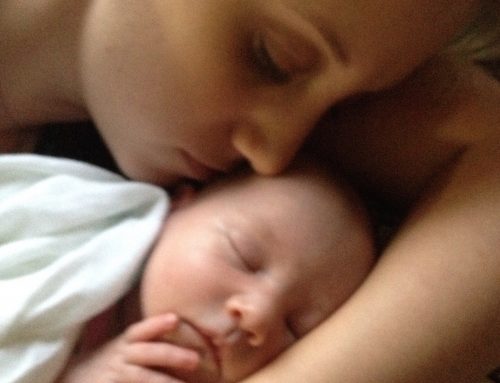HHumans are omnivores, that is, they can eat many different foods. We need food for our body to maintain and grow our cells. But the cells, especially the ones in the brain, are only interested in glucose. That is the only fuel that creates energy to power the cell. So all foods have to be convertible to glucose, and the body has wonderful ways of doing it.
In our cells is an awesome mechanism called the ‘Krebs Cycle’ (Citric Acid Cycle). Plug in any food, carb, fats, or proteins, and it ends up as glucose. This works just fine, even when you go on elimination diets, as you’ll still make enough glucose to keep your body going.
Breast and bottle fed infants are given a magnificent diet that has all the foods stuffs in the right proportions. It’s 8% lactose (a sugar carb) for a start. So for them the conversion mechanism is not given much of a workout.
If you suddenly stop milk feeding, this mechanism needs to be given time to adjust and become self-sufficient. For a few infants weaning, for instance, to a diet with high fat and/or protein with limited carbs can stress the metabolism to obtain enough glucose. As metabolic textbooks say, ‘fats burn in the flame of the carbohydrates’.
Then if the infant develops a viral illness or frequent vomiting they may not have a reserve to call on, and that situation is potentially dangerous.
So when weaning, don’t let them fall off their Krebs Cycle! Help them balance, with a balanced diet.
For more on this, check out:










Leave A Comment
You must be logged in to post a comment.